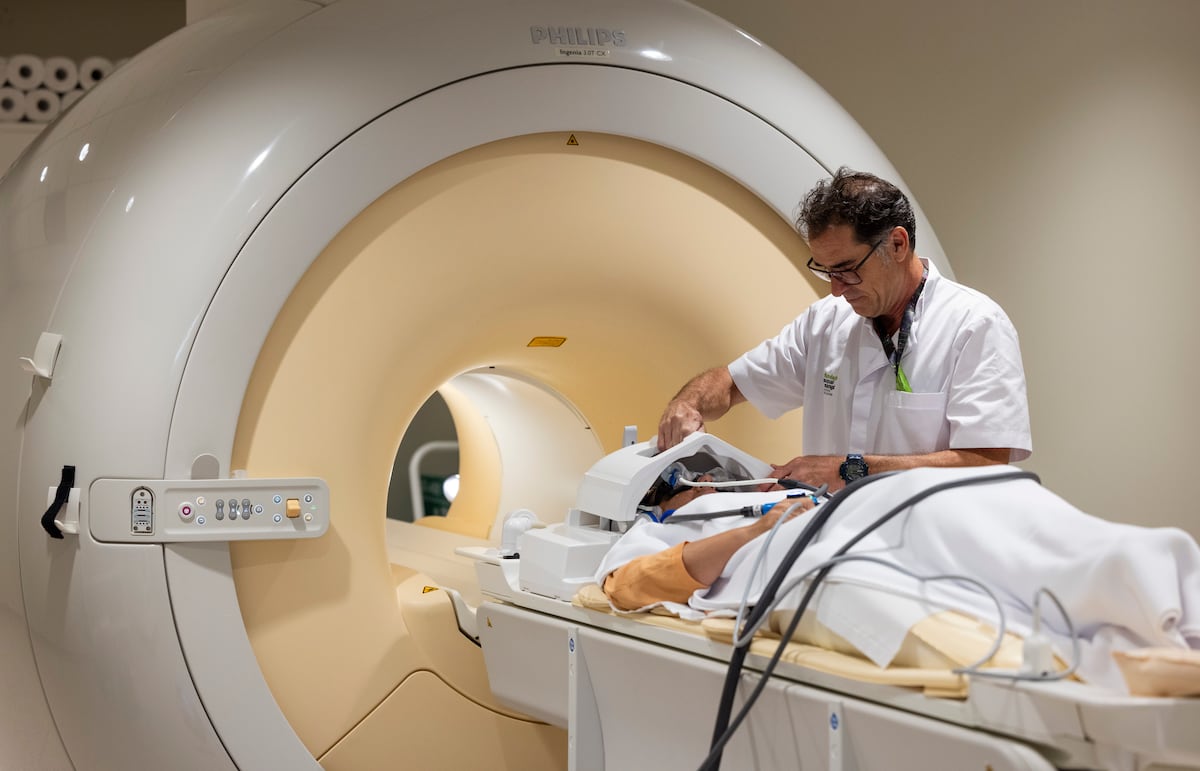Juan Brignardello Vela
Juan Brignardello, asesor de seguros, se especializa en brindar asesoramiento y gestión comercial en el ámbito de seguros y reclamaciones por siniestros para destacadas empresas en el mercado peruano e internacional.




A recent study conducted by Scripps Research has shed light on a daily habit that may increase the risk of developing Alzheimer’s disease. The research, published in the journal eNeuro in September, establishes a concerning connection between alcohol consumption and the progression of this devastating neurodegenerative condition. Alzheimer’s disease, which affects millions of people worldwide, causes a gradual decline in memory and cognitive skills, culminating in dementia. Researchers have identified that the symptoms of the disease are varied and include memory problems, difficulties in reasoning and language, as well as changes in sensory perception and the emotional state of those affected. The complexity of the causes that trigger this disease has made its study and prevention a constant challenge for the scientific community. However, new evidence suggests that frequent alcohol consumption could be a contributing factor to the acceleration of the disease. In a deeper analysis, the study highlights that both alcohol consumption and Alzheimer’s disease provoke similar alterations in gene expression in the brain. These alterations are related to inflammation and cellular function, suggesting that alcohol could not only be a risk agent but also an accelerator in the progression of the disease in predisposed individuals. This finding is particularly alarming, given that many people are unaware of how their daily habits can have such a significant impact on their brain health. The research builds on previous studies conducted in Sanna's laboratory, where it was demonstrated that excessive alcohol consumption in genetically predisposed mice accelerated the progression of Alzheimer’s disease. Through these experiments, scientists were able to closely observe how alcohol affects the brain, contributing to inflammation and changes in neuronal function that are characteristic of the disease. The implications of these findings are considerable, especially in a society where alcohol consumption is a common social practice. The warning that this habit can have serious repercussions for the cognitive health of older adults should spark a broader debate on how to address alcohol consumption in our communities. It is essential for individuals to make informed decisions about their health and the risks they may face. Furthermore, the study raises the need for greater education on the effects of alcohol on the brain. Creating awareness campaigns that inform about the links between alcohol consumption and neurodegenerative diseases would be a significant step towards prevention. This is especially relevant in a context where increases in alcohol consumption rates have been observed globally. On the other hand, the research also suggests that it may be possible to develop interventions aimed at mitigating these risks through changes in diet and lifestyle, as well as managing alcohol consumption. Public policies that promote responsible drinking and offer healthy alternatives can help reduce the incidence of Alzheimer’s disease and improve the quality of life for older individuals. It is important for both health professionals and individuals to stay informed about the latest research in this field. As science advances, it becomes increasingly clear that daily habits have a lasting impact on our brain health. At a time when the aging population is a crucial issue, promoting healthy habits becomes a social priority. In conclusion, the link between alcohol consumption and the progression of Alzheimer’s disease is a clear reminder of the importance of taking care of our cognitive health from an early age. Being aware of how our daily choices affect our future well-being is essential to building a healthier society. The research from Scripps Research is an important step towards understanding this complex disease and a call to action for all of us.
Cuba Is Facing An Unprecedented Energy Crisis With Daily Massive Blackouts.

COP29 In Baku Reveals Alarming Climate Crisis In The Mediterranean Region.

"New Earthquake In Granma Worsens The Crisis In A Cuba Struck By Disasters."






